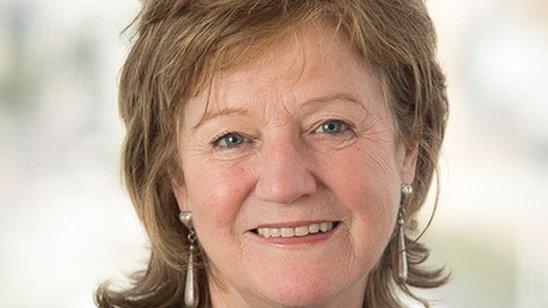Forced child migration 'bigger abuse scandal than Savile'
- Published
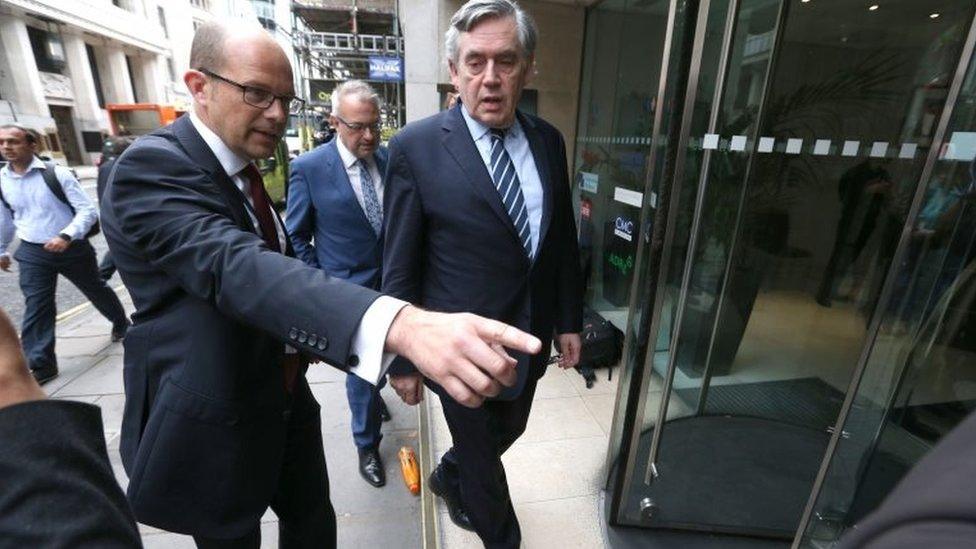
The forced migration of UK children overseas was a bigger sex abuse scandal than that of Jimmy Savile, ex-prime minister Gordon Brown has said.
Mr Brown told the Independent Inquiry into Child Sexual Abuse that the 2,000 surviving British child migrants who suffered abuse should be compensated.
He said the mass transportation of 130,000 British children overseas was "government-enforced trafficking".
Across 50 years, the children were sent to ex-colonies such as Australia.
The transportation programme began in the 1920s, partly to ease the population of the UK's orphanages in the years after the First World War, and to give "lost" children the chance of a new life in Britain's colonies.
But children continued to be be sent abroad until 1974.
The Independent Inquiry into Child Sexual Abuse in England and Wales has already heard that many child migrants experienced "unacceptable depravity", with some having been sent abroad without the consent of parents and wrongly told they were orphans.
In 2009, the Australian government apologised for the cruelty shown to the child migrants and in 2010 Mr Brown, in his role as UK prime minister, issued an apology to victims on behalf of the UK.
The experiences of the children sent away from the UK are being looked at as part of the first phase of the wide-ranging inquiry into child abuse.
Mr Brown told the inquiry that the forced migration of British children was "probably the biggest national sex abuse scandal".
"Bigger than what people have alleged about Savile," he said.
"Bigger than what people have alleged about individual children's homes.
"Bigger in scale, bigger in geographical spread, and bigger in the length of time that went on undetected.
"I'm shocked about the information that I have seen."

The Independent Inquiry into Child Sexual Abuse
The inquiry into historical child sex abuse in England and Wales is to examine claims made against local authorities, religious organisations, the armed forces and public and private institutions
Momentum for the inquiry started with the Jimmy Savile scandal
The inquiry is expected to take about five years to complete
The first phase of the inquiry will consist of 13 separate investigations

Mr Brown said a government minister should explain to the inquiry why nothing has been done over "sickening" new evidence of abuse which has come to light since his 2010 apology.
He said he had become aware of so many historical cases he described as "grave, horrifying and sickening" and said there had been a "violation of human rights".
"Children were denied a childhood, an identity, a family and any sense of belonging," he said.
"Many, some as young as three - and this was happening as recently as the 1970s - were sent abroad having been falsely told their parents were dead."
He said successive governments had failed in a duty of care.
"Because we failed in our duty of care it is now time to compensate the 2,000 child migrants still alive," he said.
Mr Brown added: "My apology seven years ago was for the gross inhumane violation of rights by forcibly removing children, depriving them of identity, family and any sense of belonging.
"An unknown but clearly large number of these children were subjected to horrific assaults sometimes before, sometimes during but in the main after they left the UK.
"Because successive governments failed in what I call their duty of care, these 2,000 surviving migrants all need and deserve redress."
Mr Brown told the inquiry that 1,000 families had been reunited since 2010.
Another former prime minister, Sir John Major, did not appear in person but provided a written statement to the inquiry which said his government took the approach that mistreatment of British children sent abroad was primarily a matter for the country concerned.
- Published18 July 2017
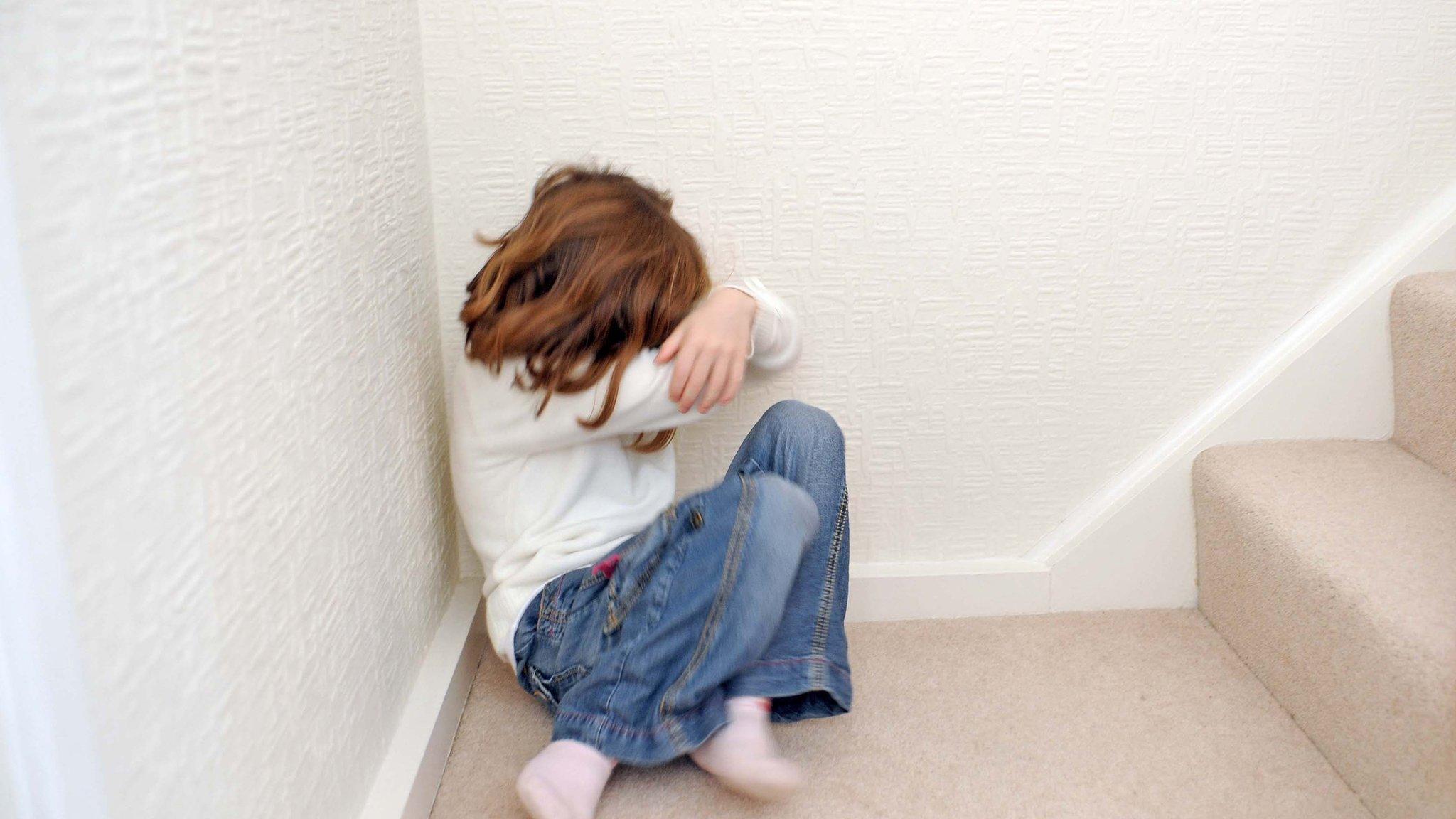
- Published27 February 2017
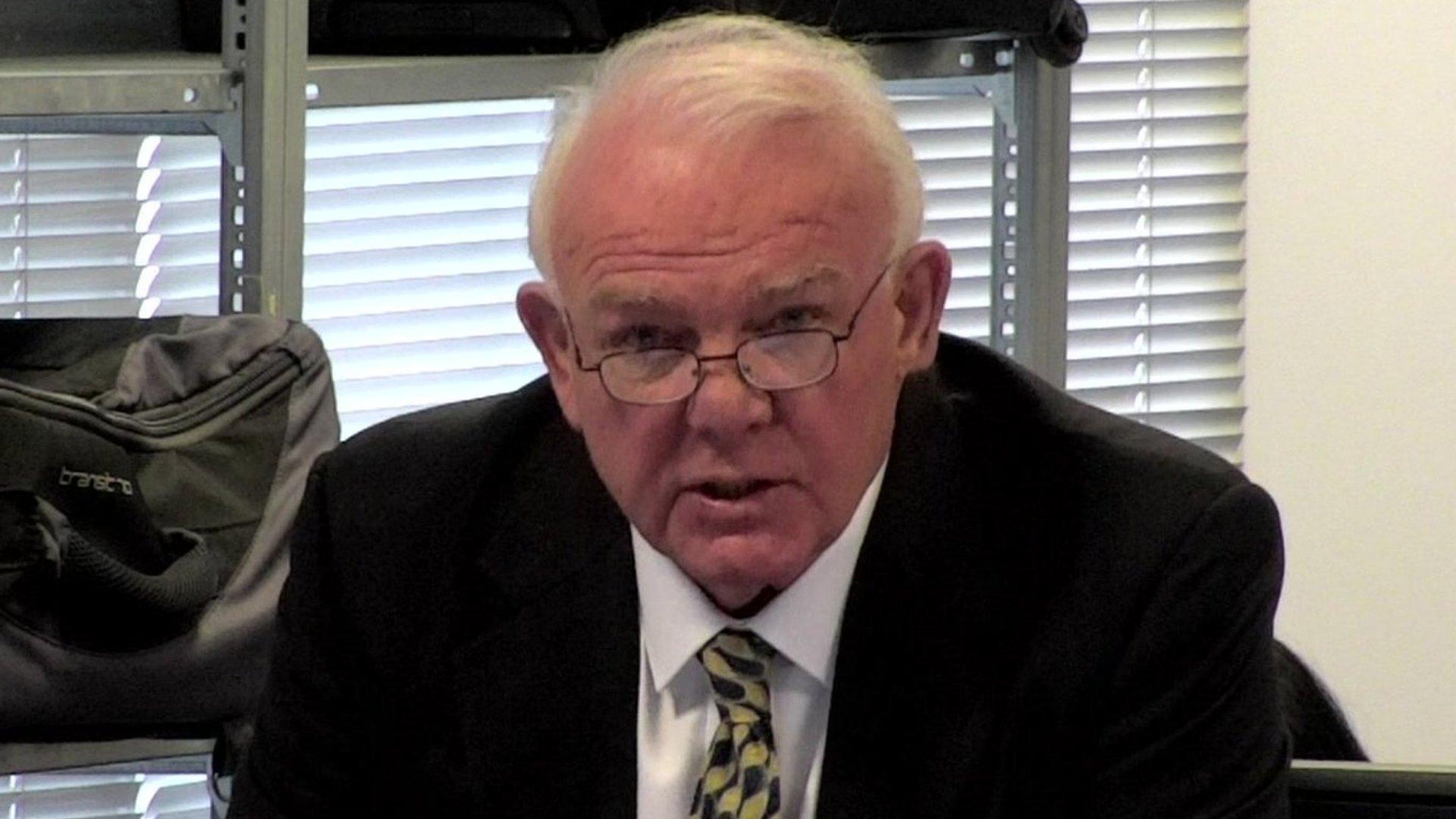
- Published6 October 2020
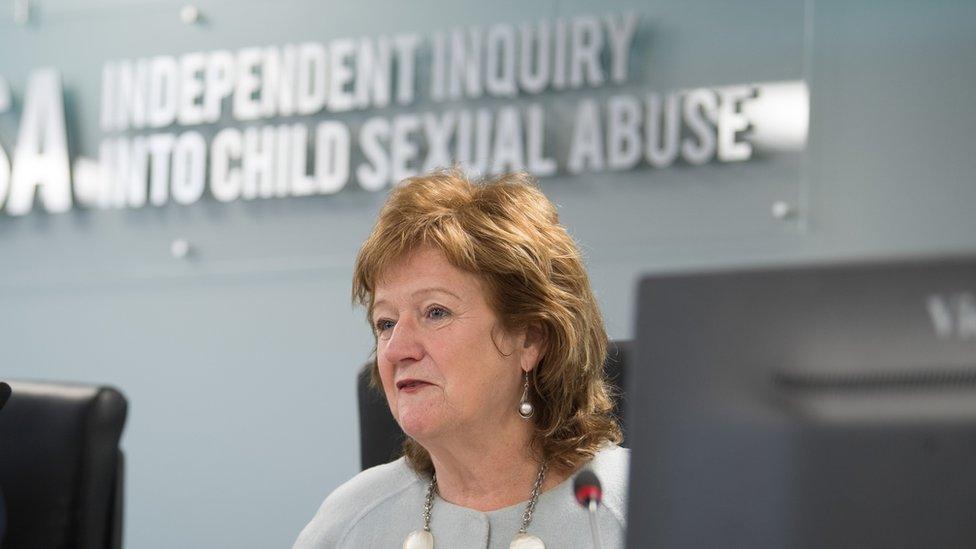
- Published17 June 2017
